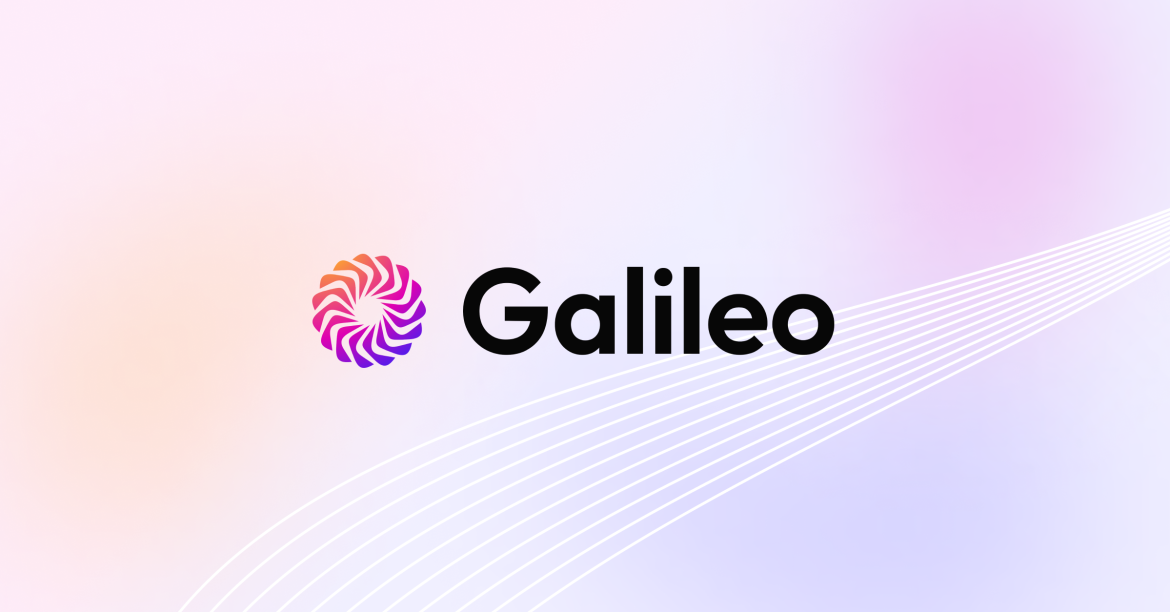The company seeks to solve a key obstacle that prevents businesses from accessing the benefits of artificial intelligence.
Chatterji wants his company to be the one to solve this problem. Galileo works with clients like Hewlett Packard , Comcast , and Twilio to test their AI tools, making sure they don’t feature “hallucinations” — the AI term for made-up responses — or divulge private data. On Tuesday, the company told Forbes that it raised a $45 million Series B funding round, bringing its total investment to $68 million since it was founded three years ago.
The startup offers four products: Fine Tune , which helps enterprise customers train existing models to fit their needs by incorporating first-party data; Evaluate , which lets companies quickly decide whether a model is ready to go live or still has issues to work out; Observe , for real-time maintenance and testing once a model is operational; and Protect , which mitigates threats such as prompt injection, where users try to manipulate the model into acting incorrectly or revealing sensitive information. In July, the company launched Luna , its own language model for evaluating the performance of other models, including response completeness, data privacy, and bias detection.
The announcement comes at a time when companies around the world are racing to improve their AI offerings. However, this brings with it the risks of models making absurd mistakes, such as when Google’s Gemini suggested users make a pizza with glue, or of sensitive data being leaked, as happened last year when Samsung’s internal source code was shared on ChatGPT, leading the company to ban the chatbot from being used by its employees.
Galileo isn’t the only AI testing startup on the market. Last week, rival Braintrust , which counts customers like Stripe and Notion , announced it raised $36 million in a Series A round led by Andreessen Horowitz .
«In the long term, you’ll expect Siri, for example, not to say negative things about Apple.»
Andy Vitus, Scale Venture Partners
Chatterji and co-founder Yash Sheth are former Google colleagues who joined the company within a week of each other in 2013. Chatterji was an AI product manager and most recently worked on the BERT AI model, which is used to understand user intent when searching on its engine. Sheth, now Galileo’s COO, was an engineer specializing in Google’s speech recognition tools. Atindriyo Sanyal , Galileo’s CTO and another co-founder, previously held senior AI engineering roles at Uber and Apple .
The company’s funding round was led by Scale Venture Partners , with participation from Premji Invest , an Indian venture capital firm. Other investors include the investment arms of Citibank and data storage company Databricks , as well as Clem Delangue , founder of AI startup Hugging Face.
Andy Vitus , a partner at Scale Venture Partners, noted that assessment tools are crucial for corporations because he believes AI models will soon be seen as brand ambassadors, especially as companies begin to deploy AI agents that perform tasks for customers, such as booking travel or placing orders. Companies also need to protect their AI models to prevent them from saying negative things about their brands or mentioning past scandals.
«In the long term, you’ll expect Siri, for example, not to say negative things about Apple ,» said Vitus, who will take a seat on Galileo’s board as part of the investment. «In the same way that employees have managers, these agents need supervision,» he added.
Jim Nottingham, senior vice president of advanced computing solutions at HP , said the company uses Galileo services internally for its own AI tools but also offers them to customers using AI Studio, a subscription-based suite of tools that helps developers build AI products.
Galileo’s $45 million funding round is modest compared to the impressive numbers other AI companies have recently announced. Earlier this month, OpenAI reported that it raised $6.6 billion, the largest venture capital round in history. Elon Musk’s xAI is close behind with $6 billion raised earlier this year. Even lesser-known companies like Groq , a next-generation chip startup, raised $640 million this summer.
But Galileo isn’t training massive models that require armies of GPUs — the company didn’t train or tune Luna from scratch — nor is it developing new chip designs with high manufacturing costs. As a result, Chatterji said the company doesn’t need that much capital to operate. “You should only take the money you really need,” he said. “And build a business that’s sustainable over the long term . ”

